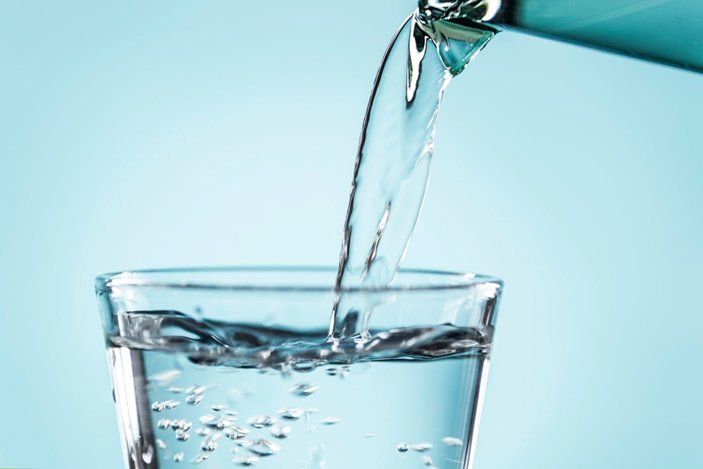Preventing Your Septic System From Contaminating Nearby Waters Sources
Septic wastes contain dangerous microorganisms that can cause various illnesses. The risk of contamination is especially high if you or your neighbors rely on nearby water sources, such as wells, for your domestic water. In such a case, the following measures should help you avoid water contamination.
Observe Clearance Distances
The first tip is to locate septic systems far from water sources. Adequate clearance distances reduce the risk that untreated effluent will contaminate water sources in the vicinity. A well should be at least 50 feet away from septic systems to avoid contamination. Government guidelines also specify how far a septic system should be from other water sources.
Consider the Lay of the Land
In addition, the gradient of the land between the well and septic system matters too. If the land is not flat, which is always the case, it should slope down from the well to the septic system. That way, gravity won't allow waste to flow up and contaminate your drinking water.
Avoid Chemicals
Your septic system should treat your house's wastes so that only clean (non-contaminated) water ends up in an underground water reservoir. Unfortunately, this is not always the case. For one, septic systems are not a hundred percent efficient. Secondly, some wastes don't decay as readily as others.
Inorganic wastes, such as paints, pesticides, and disinfectants, are common culprits. Such wastes are likely to percolate down the soil and contaminate nearby water sources. The surest way to avoid such contamination is to avoid chemicals in your waste system. For example, you shouldn't use drain cleaning chemicals or flush disused chemicals down the drain.
Maintain the Septic System
Poor maintenance of the septic system can also lead to contamination. For example, a compacted or oversaturated drain field might not absorb all the waste it receives. Some of the wastes might travel away from the drain field and contaminate the environment. Here are some maintenance systems that can help:
- Pump the septic tank regularly
- Don't compact the ground in the drain field
- Direct floodwater away from the drain field
- Keep tree roots away from your septic system
A septic contractor should also inspect your septic regularly and fix teething problems before they lead to environmental contamination.
Resist the urge to conduct DIY repairs of your septic system. For one, some DIY septic services are dangerous (consider the risk of falling into the septic tank). Secondly, nonprofessional repairs might worsen the problem.
Conserve Water Use
Each septic system has a maximum volume of wastewater it can handle. Your household's size, among other factors, determines your septic system's sizing. Excess water in the septic system can overwhelm the treatment process, trigger waste overflows and backups, and even oversaturate the drain field. Water contamination is highly likely in such cases.
The following water conservation tips can help:
- Don't use the toilet as a waste disposal
- Use water-efficient appliances, such as low-flush toilets
- Plug leaking plumbing installations that might send excess water down the drain
- Run dishwashers and washing machines on full load
Note that efficient water use is also good for the environment and your pocket. Also, water conservation measures work best if you involve all members of the household in your efforts.
Regularly Test Well Water
You might not know how well your prevention techniques are working if you don't test nearby water sources. In fact, many local governments require regular testing of water wells. That way, you can confirm how safe the water is and adjust your contamination prevention measures as necessary.
Septic safety starts from the design stage onwards. Southern Sanitary Systems Inc can help you construct, and maintain your septic system. Contact us for all your septic needs, including emergency services after hours.
Preventing Your Septic System From Contaminating Nearby Waters Sources








